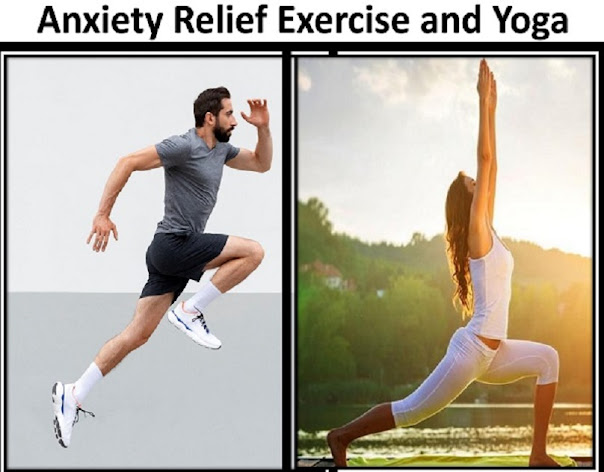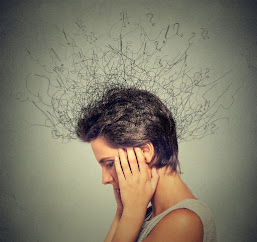Comparing Medication and Yoga
Comparing Medication and Yoga in Treating Anxiety Disorders
Anxiety disorders affect millions of people worldwide, impacting their daily lives and overall well-being. While medication and yoga are both viable treatment options, they differ significantly in their approach and effectiveness.
1. Mechanism of Action:
Medication typically works by altering brain chemistry, targeting neurotransmitters such as serotonin or norepinephrine to regulate mood and alleviate anxiety symptoms. In contrast, yoga operates on a holistic level, combining physical postures, breathing exercises, and meditation to promote relaxation, reduce stress, and restore balance to the body and mind.
2. Immediate Relief vs. Long-Term Benefits:
Medication can provide rapid relief from acute anxiety symptoms, often within a matter of days or weeks. However, its effects may diminish over time, requiring dosage adjustments or medication changes. On the other hand, while yoga may take longer to produce noticeable effects, its benefits are often more sustainable and long-lasting, addressing underlying causes of anxiety and promoting overall well-being.
3. Side Effects and Risks:
Medication use may be associated with various side effects, ranging from mild to severe, including drowsiness, dizziness, nausea, and dependence. Additionally, certain medications carry the risk of withdrawal symptoms and potential long-term effects on physical and mental health. In contrast, yoga is generally considered safe and has few, if any, adverse effects. However, it may not be suitable for everyone, particularly those with physical limitations or certain medical conditions.
4. Cost and Accessibility:
Medication can be costly, especially if it requires ongoing prescriptions and regular doctor visits. Moreover, access to medication may be limited for some individuals due to financial constraints or lack of healthcare coverage. Conversely, yoga is relatively affordable and accessible, requiring minimal equipment and can be practiced in various settings, including yoga studios, community centers, and even at home with online resources.
5. Individual Preferences and Lifestyle:
The choice between medication and yoga ultimately depends on individual preferences, lifestyle factors, and treatment goals. Some people may prefer the convenience and immediate relief offered by medication, while others may gravitate towards the holistic approach and self-empowerment of yoga. Moreover, combining medication with yoga or other complementary therapies may enhance treatment outcomes for some individuals, offering a comprehensive and integrative approach to managing anxiety disorders.
In conclusion, while medication and yoga represent distinct approaches to treating anxiety disorders, both can play valuable roles in promoting mental health and well-being. Whether used alone or in combination, the key is to find a treatment approach that is safe, effective, and tailored to the individual needs and preferences of each person grappling with anxiety.




Comments
Post a Comment